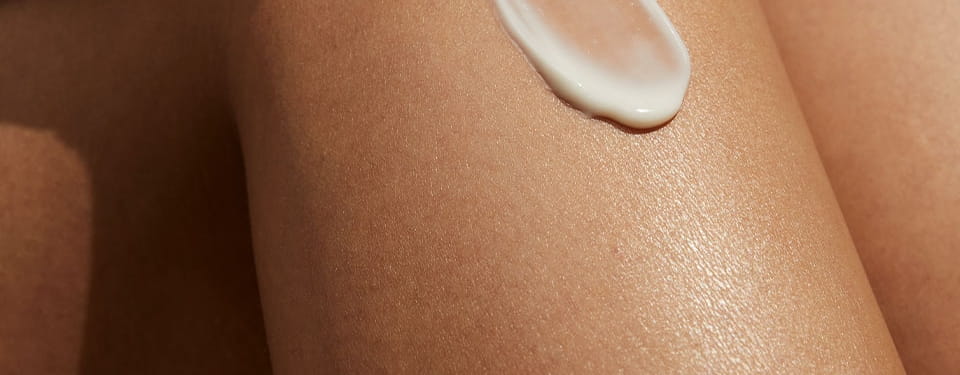One issue that most new mums struggle with at the beginning is having their baby wake up in the night and how draining this can feel. There is no magic formula for getting a baby to sleep and stay asleep, but there are a few strategies you may want to try.
Make sure that you differentiate between the lively and active daytime and calm nighttime to give your baby’s body clock the chance to adjust. Having rituals like bath time and soft lighting before bed are also good for relaxation purposes. Keep the bedtime routine short and simple for your baby to associate it with sleeping time.
Some babies like to have a security object nearby like a blanket or a soft toy that has a familiar scent on it to comfort them. Always make sure to secure any soft object in the baby’s cradle so your baby is safe!
It’s advisable to leave some time after your baby’s last feed before putting them to bed. If you feed them to sleep, these two actions will be linked in their mind and they may expect feeding when they wake up during the night.

